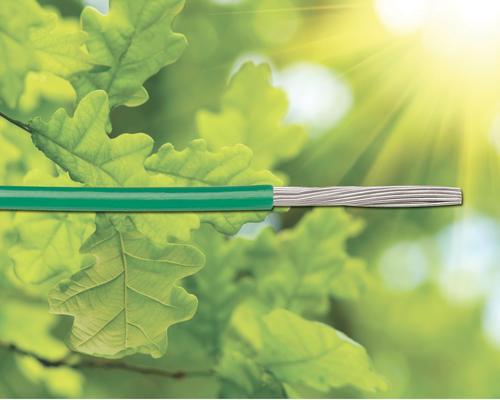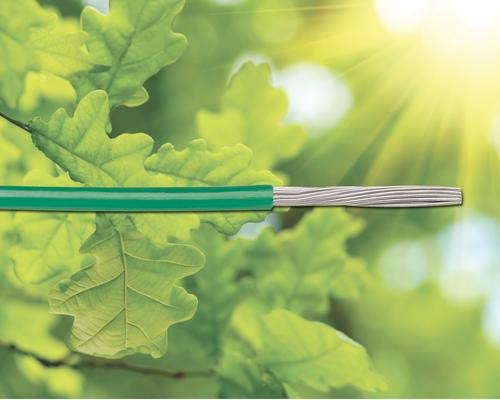MPPE Insulation & the Incredible, Shrinking Medical Device
March 27, 2013

With today's rapidly advancing technology, there is a medical arms race to promote healthy living and proper care in all regions of the world. Although the average levels of care can be drastically different, smaller, and thus, more portable, medical devices help bridge the gap between developed and developing markets.
Hospitals in the US and similarly developed countries have become overwhelmed by a sea of beeping devices, displays, and wires, inundating both patients and caregivers. Leading advancements are trending toward decreasing the noise in such environments while simplifying the overall experience.
At the opposite end of the spectrum, in emerging markets, the traditional doctor or dentist's office might not be accessible by all, creating demand for an increase in device portability.
With an aging population across the globe, the same devices found in hospitals are transitioning to the home, where the need for portability and ease of use is even greater. Coupled with the high costs associated with inpatient care, many with chronic conditions are finding this option more cost-effective and more convenient.
With the inevitable shift of healthcare management into patients' hands, it is imperative that devices shrink to become suitable for home use.

When designing an application to be smaller, it's often the smallest components, such as the wire and cable, that tend to get overlooked. However, when the arms or the body of a device shrinks, the wire and cable needed to power it must shrink as well to obtain the required flexibility and motion. MPPE insulation is able to achieve this result through its inherently superior characteristics.
How do you disrupt the low-cost PVC commonly found in medical devices, and the insulation powerhouse of the wire and cable industry? You make something smaller, lighter, and tougher.
MPPE, which stands for modified polyphenylene ether, is a thermoplastic that is inherently lighter and tougher than traditional PVC. Its superior dielectric properties allow for less insulation when used on wire and cable, resulting in reduced wall thickness. The material also carries a specific gravity of 1.03, which is 25 percent to 40 percent lower than other materials such as PVC, polyethylene, and cross-linked polyethylene. This, along with the reduced wall thickness, contributes to the weight-savings of up to 40 percent.
When paired with wire, MPPE insulation can result in a hook-up wire that is up to 45 percent smaller and 40 percent lighter, with 10 times the abrasion resistance of standard PVC hook-up wire.
About the Author(s)
You May Also Like



